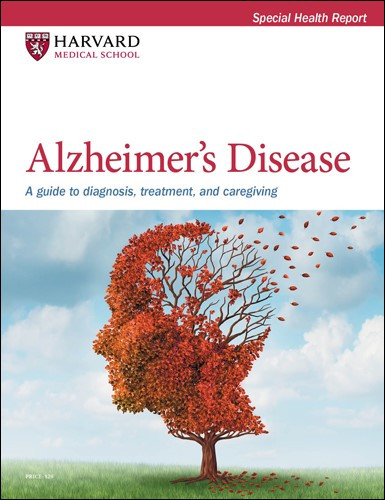Will we ever have a vaccine to prevent Alzheimer's disease?
Ask the doctor

Q. Vaccines are successful in preventing infectious diseases. Is it possible that scientists could make a vaccine to prevent Alzheimer's disease (AD)?
A. Although vaccines have been used primarily to prevent infectious diseases, they are starting to be tried for noninfectious diseases, including several types of cancer. That research is in its early stages.
Is it unreasonable to think about vaccines for Alzheimer's disease? I don't think so. How might they work? Vaccines to prevent a particular infection — say, the flu — typically introduce a tiny piece of the flu virus into the body. The immune system sees that little piece, recognizes that it is foreign, and starts to make cells that can recognize and kill the actual flu virus if it should enter the body.
In Alzheimer's, certain molecules are increased in the brain and can damage brain cells: amyloid-beta and tau. There are currently nine trials of vaccines for Alzheimer's under way. All of them are in people with mild Alzheimer's or with the pre-Alzheimer's condition called mild cognitive impairment. The vaccines are all designed to encourage the immune system to remove either amyloid-beta or tau deposits from the brain. Most are given by injection; one being tested at Harvard Medical School uses a nasal spray. It will be several years before we know if they will work.
One reason that these particular trials may not work is that the buildup of amyloid-beta and tau seen in Alzheimer's typically begins many decades before a person has any symptoms. Fortunately, new tests are helping to identify such younger adults in whom this buildup is starting. Vaccines given to these younger people theoretically could be more effective than vaccines given to people decades older who already have symptoms.
Finally, there's an entirely different way in which vaccines could work in preventing Alzheimer's. What causes the buildup of amyloid-beta and tau seen in people with the disease? Increasingly, studies find that infections of the brain at relatively young ages, particularly infections that linger for decades at low levels, may cause people to make more amyloid-beta, year after year, thereby raising the risk of Alzheimer's. Vaccines targeting those infections could theoretically someday also reduce the risk of the condition. Another approach — treatments that quiet the inflammation caused by such chronic, low-grade infections of the brain, without directly targeting the infection itself — is also being contemplated.
Please understand: all of this is theoretical and unproven. Also, even if vaccines work, we won't know that for a long time. Since Alzheimer's takes decades to develop, it will take decades to determine if a vaccine given to younger adults works. But with a disease as terrible as Alzheimer's, you've got to keep trying.
Image: © Victor_85/Getty Images
About the Author

Anthony L. Komaroff, MD, Editor in Chief, Harvard Health Letter; Editorial Advisory Board Member, Harvard Health Publishing
Disclaimer:
As a service to our readers, Harvard Health Publishing provides access to our library of archived content. Please note the date of last review or update on all articles.
No content on this site, regardless of date, should ever be used as a substitute for direct medical advice from your doctor or other qualified clinician.
















